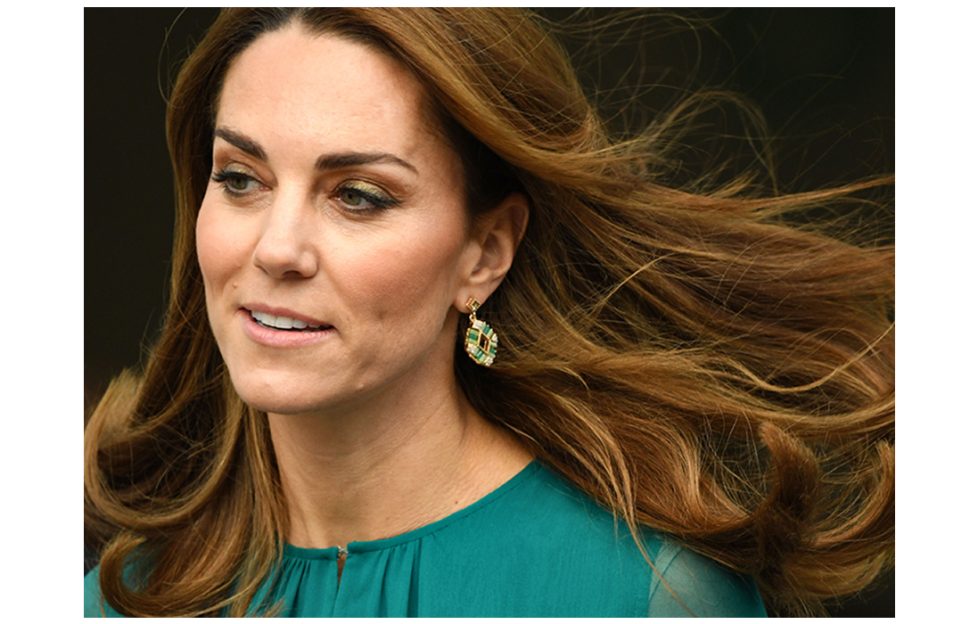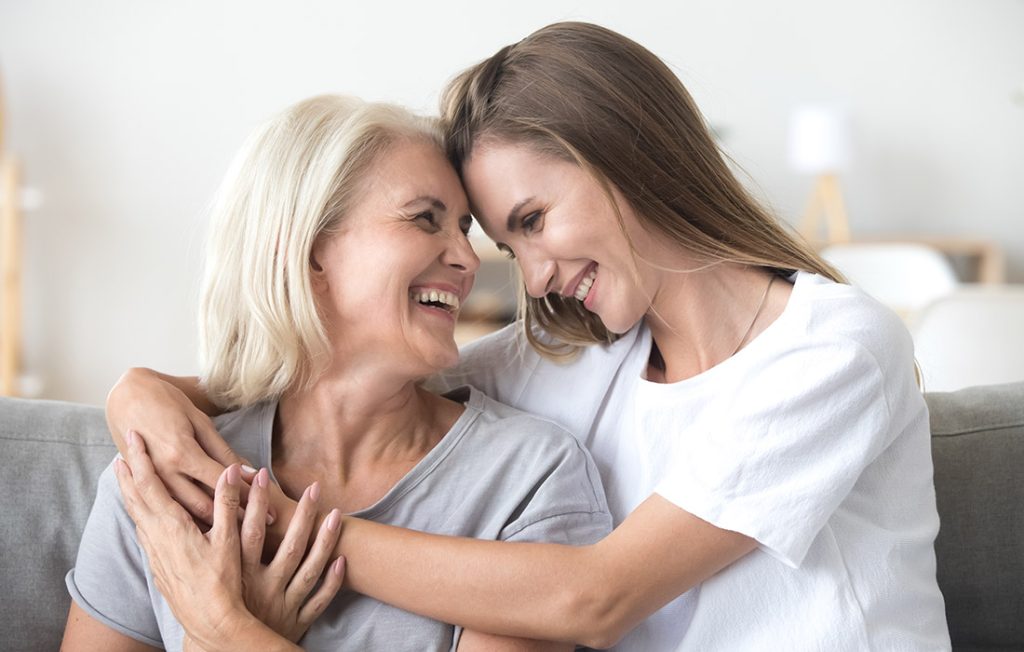How To Support a Loved One With Cancer

There has been an outpouring of love and support for Catherine, Princess of Wales, after she revealed her recent cancer diagnosis. With cancer touching so many families, we have advice on how to offer help to a loved one going through a similar situation…
The Prince and Princess of Wales have been enormously touched by the many messages they’ve received from around the world since Catherine bravely announced her cancer diagnosis.
A spokesperson for Kensington Palace said: “The Prince and Princess are both enormously touched by the kind messages from people here in the UK, across the Commonwealth and around the world in response to Her Royal Highness’ message.”
As the couple ask for privacy at this difficult time, they, like any other family going through a cancer diagnosis, will need time and support in the months ahead.
The positive role of family and friends
According to the NHS, 1 in 2 people will develop some form of cancer in their lifetime, and while this is shocking, medical advances are helping more and more people beat the disease.
After diagnosis and on-going treatment, the role of family and friends can make a positive difference to the way a loved one feels. However, sometimes those offering support are unsure how to help, and what to say.
We asked Evelyn Wallace, Cancer Care Operations Manager at AXA PPP healthcare for her advice on supporting a loved one with cancer, and she offers five tips to help you navigate your way through this difficult time.
5 tips for supporting a loved one with cancer
1. Treat them the same
Don’t let a cancer diagnosis get in the way of your relationship. Your loved one will be going through a huge change so try to keep your relationship normal and stable.
2. Don’t just talk about cancer
Remember, they are still the same person with the same interests they had before the diagnosis. Do things you have always done (where possible) and talk and laugh about things you have always enjoyed. It’s important not to let cancer always become the focus of the conversation.
3. Acknowledge that it is a challenge
Accept that this is happening and that it’s difficult. There is no point sweeping away feelings of sadness and anger, which are only natural. Listen to your loved one if they want to talk.
4. Offer to help and stick to it
Many people with cancer get offers of help at the time of their diagnosis, only to have those offers of help disappear. Things may get tough but, if you really want to help, stick with them and help where you can – with housework, children or everyday tasks such as walking their dog or doing their ironing.
5. Don’t avoid the subject
Some people will want to talk about their cancer and their fears by using humour and light heartedness; others will want to be more straight forward about it. Whichever way you end up discussing it, make sure it’s in the way that best suits your loved one. Ultimately, it’s not about dodging the topic or using different language, it’s about understanding how they want to talk about it, and supporting them in that way.
Remember that every person is different and will experience cancer in a different way. However, by informing yourself about the condition and by bringing support and laughter to your loved one’s life during their treatment, you will be able to make a positive difference to the way that they feel. Stay positive and do what you can, your loved one will appreciate it.
Check out other health and wellbeing advice, including Breast Cancer Top 10 Googled Questions and Knowing The Symptoms Of Bowel Cancer.
Talking To Children About Cancer
The Princess of Wales’ announcement was timed to allow Kate and William the opportunity to support their children, Prince George, 10, Princess Charlotte, eight, and five-year-old Prince Louis.
Catherine said in her video, “It has taken me time to recover from major surgery in order to start my treatment. But, most importantly, it has taken us time to explain everything to George, Charlotte and Louis in a way that is appropriate for them, and to reassure them that I am going to be OK.”
When children are involved, keeping things simple and using language that is age-appropriate is the best way forward.
NHS Inform and Macmillan Cancer Support both have great advice about talking to children about cancer.





